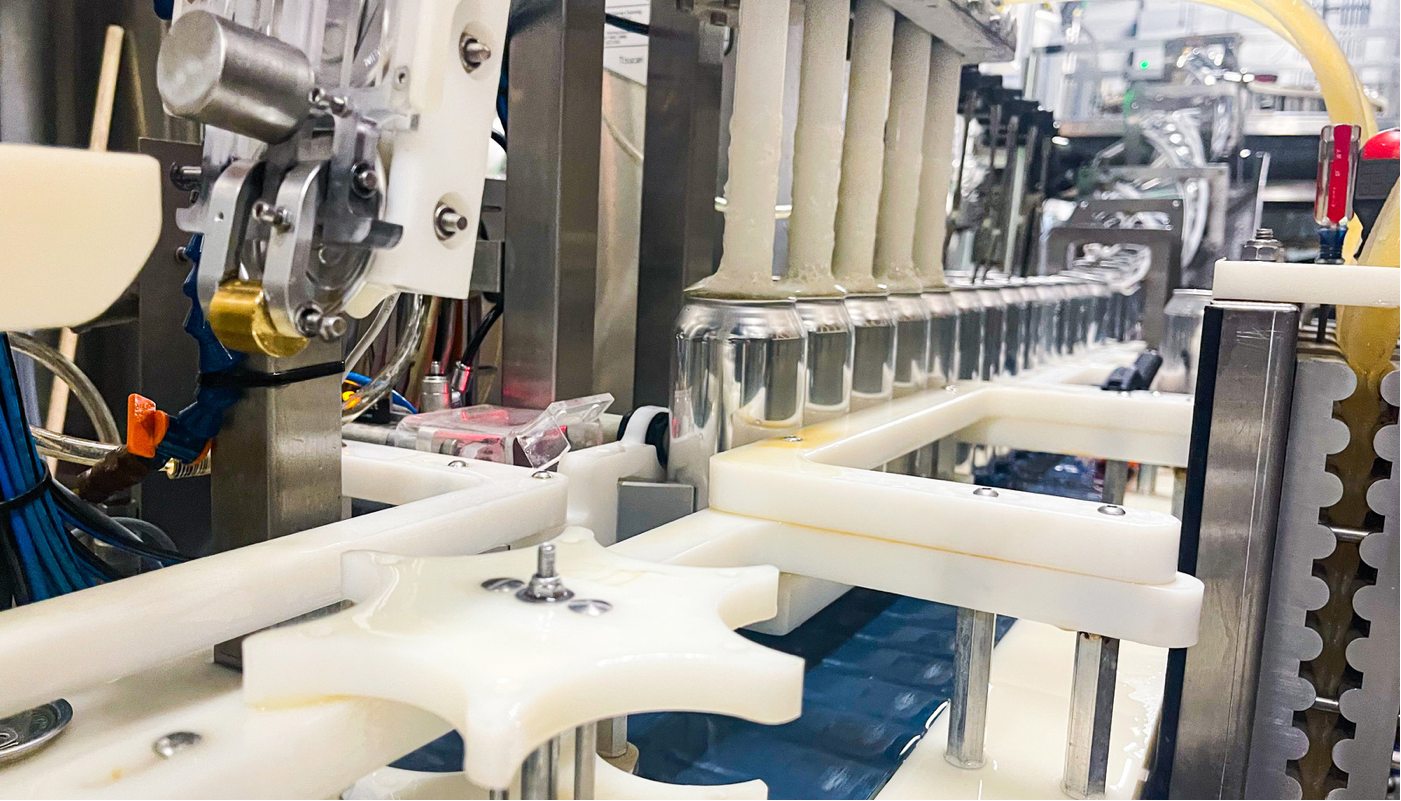The ever-evolving beer industry means that breweries of all size need to be asking the hard questions on how to best compete for customer dollars. When the COVID-19 pandemic upended draft beer sales more breweries than ever before switched to packaged beer and chose to work with a mobile canner.
It is a good option as taprooms remain closed or operating at limited capacity but there are things to consider before making the call to choose a mobile canner, and benchmarks to meet before that first filling day.
Roger Kissling, the vice president of sales and customer management at Iron Heart canning offered up these tips to breweries, or beverage companies, who might be considering a mobile canning contract.
“Mobile canning is a two-way street, in the same way brewers work together for collaboration releases, this is a partnership between the mobile canner and breweries,” he says. “Before we actually do the first canning day there is a lot of work that needs to be done, especially if the brewery has never packaged before.”
There is also an understanding that the beer is ready for to-go sales and distribution. Kissling believes that packaging is the gatekeeper of a brand and that it’s important to not have a single bad beer hit the market.
“There is nothing we can do to improve the quality of the beer,” he says. “We’ll make sure it gets from the tank to the can properly and at the right levels, but there needs to be a dedication to cleanliness and sanitation.”
Asking mobile canning companies to address the needs and desires of your specific brewery is helpful before selecting a provider, and spending some time really thinking about unique logistics, timing, consumer demand, distribution schedules, and general sales will help inform a decision.
On canning days, Kissling says having a brewery ready for a mobile canning arrival saves time for everyone. Knowing where a canner will go, and what easements are needed and making sure it is free from kegs, malt, or any stored items is important. Making sure the beer is ready to be packaged is also important.
Thinking about more than just the canning day is critical to success. Are labels ready and in-house, are accounts awaiting delivery lined up, and is there space to store packaged cans in conditions that meet brewery specs.
Kissling understands that sometimes beers might need an extra day or two in tanks to get it suitable to a brewer’s palate, he says this company tries to be flexible with calendars and is understanding when adjustments need to be made.
If your brewery already has a packaging line, a mobile canner might be able to provide additional support.
“As yourself how mobile canning can enhance your existing infrastructure,” he says. “If you are already packaging can mobile canning add to that in a meaningful way and add support?”

